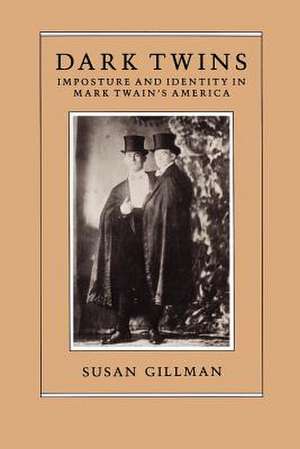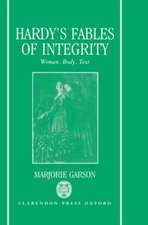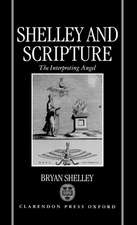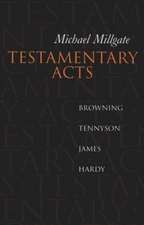Dark Twins: Imposture and Identity in Mark Twain's America
Autor Professor Susan Gillmanen Limba Engleză Paperback – 31 dec 1988
"Many persons have such a horror of being taken in," wrote P. T. Barnum, "that they believe themselves to be a sham and are continually humbugging themselves." Mark Twain enjoyed trading on that horror, as the many confidence men, assumed identities, and disguised characters in his fiction attest. In Dark Twins, Susan Gillman challenges the widely held assumption that Twain's concern with identity is purely biographical and argues that what has been regarded as a problem of individual psychology must be located instead within American society around the turn of the century. Drawing on Twain's whole writing career, but focusing on the controversial late period of social "pessimism" and literary "incoherence," Gillman situates Twain and his work in historical context, demonstrating the complex interplay between his most intimate personal and authorial identity and the public attitudes toward race, gender, and science.
Gillman shows that laws regulating race classification, paternity, and rape cases underwrite Twain's critical exploration of racial and sexual difference in the writings of the 1890s and after, most strikingly in the little-known manuscripts that Gillman calls the "tales of transvestism." The "pseudoscience" of spiritualism and the "science" of psychology provide the cultural vocabularies essential to Twain's fantasy and science fiction writings of his last two decades. Twain stands forth finally as a representative man, not only a child of his culture, but also as one implicated in a continuing American anxiety about freedom, race, and identity.
Gillman shows that laws regulating race classification, paternity, and rape cases underwrite Twain's critical exploration of racial and sexual difference in the writings of the 1890s and after, most strikingly in the little-known manuscripts that Gillman calls the "tales of transvestism." The "pseudoscience" of spiritualism and the "science" of psychology provide the cultural vocabularies essential to Twain's fantasy and science fiction writings of his last two decades. Twain stands forth finally as a representative man, not only a child of his culture, but also as one implicated in a continuing American anxiety about freedom, race, and identity.
Preț: 284.56 lei
Nou
Puncte Express: 427
Preț estimativ în valută:
54.46€ • 56.26$ • 45.32£
54.46€ • 56.26$ • 45.32£
Carte tipărită la comandă
Livrare economică 25 martie-08 aprilie
Preluare comenzi: 021 569.72.76
Specificații
ISBN-13: 9780226293875
ISBN-10: 0226293874
Pagini: 228
Dimensiuni: 152 x 229 x 18 mm
Greutate: 0.27 kg
Ediția:1
Editura: University of Chicago Press
Colecția University of Chicago Press
ISBN-10: 0226293874
Pagini: 228
Dimensiuni: 152 x 229 x 18 mm
Greutate: 0.27 kg
Ediția:1
Editura: University of Chicago Press
Colecția University of Chicago Press
Cuprins
Acknowledgments
1. Introduction: Mark Twain in Context
2. Imposture and the "Littery Man"
3. Racial Identity in Pudd'nhead Wilson and Those Extraordinary Twins
4. Tales of Sexual Identity: Female Fathers and Male Impersonators
5. The Dream Writings and the Cosmic Consciousness
6. Dress Reform and Copyright
Abbreviations
Notes
Index
1. Introduction: Mark Twain in Context
2. Imposture and the "Littery Man"
3. Racial Identity in Pudd'nhead Wilson and Those Extraordinary Twins
4. Tales of Sexual Identity: Female Fathers and Male Impersonators
5. The Dream Writings and the Cosmic Consciousness
6. Dress Reform and Copyright
Abbreviations
Notes
Index



















